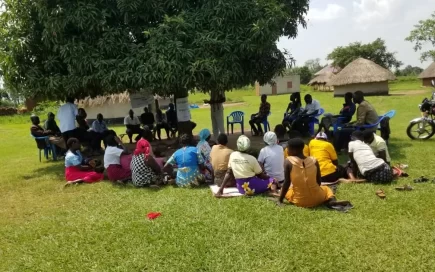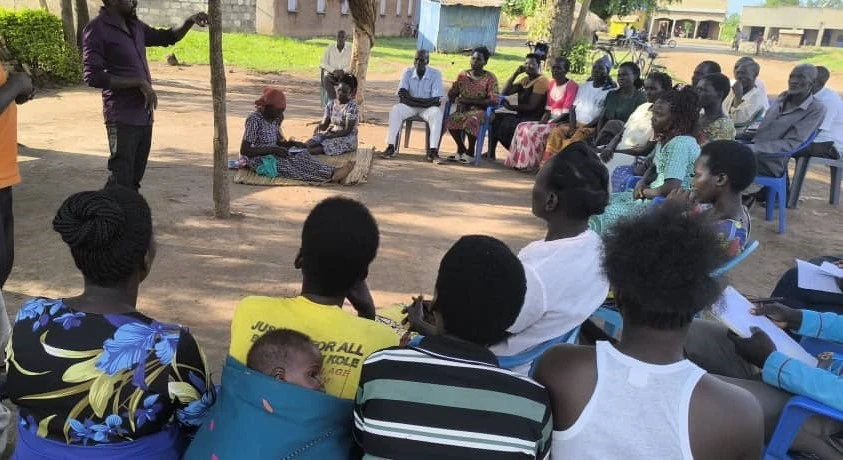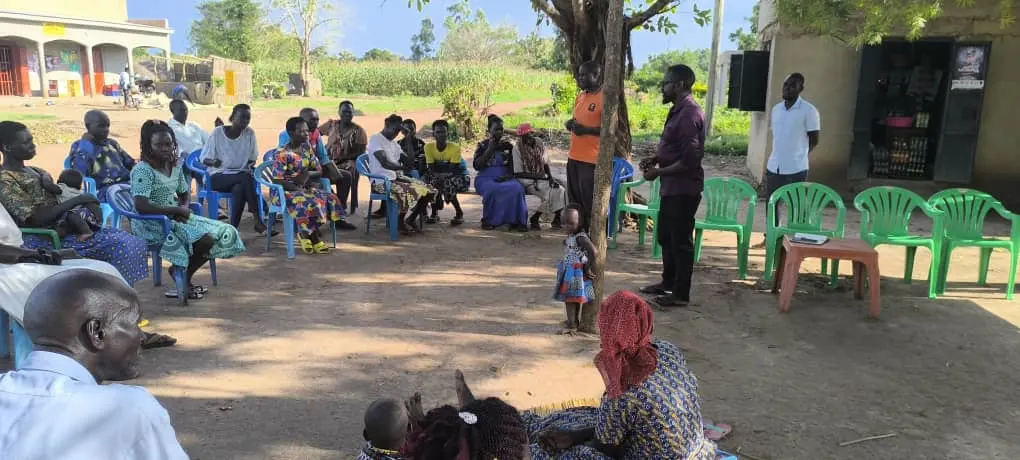Agrosahas International PVT LTD has been at the forefront of agricultural development, driving change and creating impact in rural communities. This blog takes a retrospective look at the milestones and achievements of Agrosahas, exploring the significant impacts made over the years and outlining future goals that continue to shape a sustainable agricultural landscape.
What is a Milestone Retrospective?
A milestone retrospective is a reflection on significant events and achievements over a specific period. It involves evaluating key moments that have contributed to the growth and success of an organization. For Agrosahas, this means looking back at pivotal projects, partnerships, and initiatives that have driven sustainable agricultural development and improved the livelihoods of smallholder farmers.
The Retrospective Impact of Agrosahas
Retrospective impact refers to the evaluation of the long-term effects and outcomes of past actions. By analyzing the retrospective impact, Agrosahas can understand how its initiatives have contributed to broader goals such as poverty reduction, food security, and environmental sustainability. This analysis helps in refining strategies and setting future objectives that align with the organization’s mission.
A Retrospective Look at Agrosahas’ Journey
A retrospective look involves reviewing past activities, understanding achievements, and learning from experiences. For Agrosahas, this means celebrating successes, acknowledging challenges, and setting a clear path for future growth. Let’s delve into the key milestones and impacts of Agrosahas’ journey.
Key Milestones in Agrosahas’ Journey
1. Establishment and Early Initiatives
Foundation and Vision: Agrosahas was established with the vision of transforming rural agriculture through sustainable practices and community empowerment.
Early Projects: Initial projects focused on training farmers in modern farming techniques and providing access to quality seeds and fertilizers. These efforts laid the groundwork for Agrosahas’ long-term impact.
2. Expanding Reach and Impact
Community Engagement: Agrosahas expanded its reach by engaging with more rural communities, understanding their needs, and tailoring solutions to improve agricultural productivity.
Partnerships: Collaborating with local and international organizations, Agrosahas leveraged resources and expertise to enhance the effectiveness of its programs.

3. Innovations in Agriculture
Technology Integration: Introducing digital tools and platforms for farmers to access market information, weather forecasts, and best practices.
Sustainable Practices: Promoting sustainable farming techniques such as agroforestry, crop rotation, and organic farming to protect the environment and ensure long-term productivity.
4. Policy Advocacy and Influence
Policy Advocacy: Agrosahas played a crucial role in advocating for agricultural policies that support smallholder farmers, ensuring their voices are heard in policy-making processes.
Impactful Policies: Successfully influencing policies related to market access, financial support, and sustainable agriculture practices.
5. Future Goals and Vision
Scaling Impact: Aiming to scale successful models to new regions and communities, increasing the number of beneficiaries.
Innovation and Research: Investing in research and innovation to develop new solutions for emerging challenges in agriculture.
Sustainability Goals: Focusing on long-term sustainability by promoting eco-friendly practices and reducing the carbon footprint of agricultural activities.
The 5 Stages of Retrospective
The process of retrospective typically involves five stages:
- Setting the Stage: Preparing to review past activities and setting objectives for the retrospective analysis.
- Gathering Data: Collecting information on past initiatives, achievements, and challenges.
- Generating Insights: Analyzing the data to identify patterns, successes, and areas for improvement.
- Deciding on Actions: Formulating actionable strategies based on insights gained from the analysis.
- Closing the Retrospective: Summarizing findings, celebrating achievements, and planning for future actions.

Looking Ahead: Agrosahas’ Future Goals
As Agrosahas reflects on its journey, the organization remains committed to expanding its impact and driving sustainable agricultural development. Future goals include:
- Expanding Reach: Reaching more rural communities and scaling successful models to new regions.
- Innovative Solutions: Investing in research and innovation to address emerging agricultural challenges.
- Policy Advocacy: Continuing to advocate for policies that support smallholder farmers and sustainable agriculture.
- Community Empowerment: Strengthening community-led initiatives and ensuring that farmers have the resources and knowledge to thrive.
Conclusion
Agrosahas International PVT LTD has made significant strides in transforming agriculture and empowering rural communities. By reflecting on past milestones and achievements, Agrosahas can build on its successes and continue to drive positive change. The organization’s commitment to sustainable practices, innovation, and community empowerment will ensure that it remains a leader in agricultural development, shaping a brighter future for smallholder farmers and their communities.




